College of Law
Flying high in the sky
Prof Angelo Dube delivered his inaugural lecture entitled The African Union’s Afrikanised criminal justice system: A missed opportunity to decolonise international criminal law.
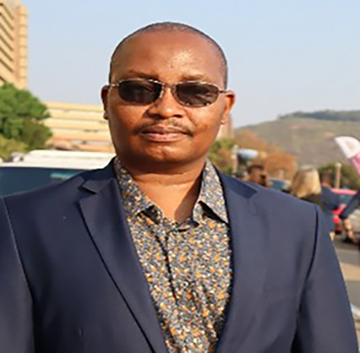
Prof Angelo Dube
His lecture focused on the African Union’s (AU) attempts at decolonising international law through the Malabo Protocol in June 2014. He pointed out the shortcomings of this attempt at creating an Afrocentric international criminal justice system and the failure of the AU to incorporate African values in its legal framework. Dube maintained that although the AU’s misgivings about selective international criminal justice and the use of lawfare in international relations were valid, its response failed to place the ordinary African at the centre.
His research interest is a combination of law and aviation with a particular focus on international law, international criminal law, the law of war, aviation law, and comparative constitutionalism. Dube claims that his love of travelling predisposed him to international law. He says that pure domestic law was not his area of focus. When he was young, he had several opportunities to travel abroad and interact in this legal framework with different contexts. "I developed an interest in the subject during the war in Iraq. While the world watched as American tanks advanced through the desert to Baghdad." He adds: "I analysed the legality of the American show of force. My fascination with aviation law came later." He continues: "The regulation of aircraft, drones, aerial systems, and upper-airspace management intrigued me as a pilot." Dube is also a pilot and currently working on his instructor license. This feature explores what inspires Dube.
Q: What life lessons have you learned during your academic journey?
A: The one saying that underpins everything I have learnt is that if you build it, they will come. Start a project. The wherewithal, collaborators and partners will turn up eventually. The critical thing is to start. Master the art of the start – say to yourself: I do not know what this journey will require, but I am willing to start it and learn along the way.
I have also learnt the importance of forgiving yourself for your failures and restrategising, replotting and restarting. Self-forgiveness is essential because every journey is fraught with failures and restarts. It is, after all, the stuff that success is made of.
Q: What are your thoughts on supervision?
A: This is an area I flourish in. To transform a student from a mere consumer of knowledge into a producer and a coproducer of knowledge is fascinating. There is also an element of mentorship to it.
Q: Would you say supervision is the same as being a mentor?
A: Definitely. Supervision requires a lot of mentoring; that is what animates me. Working with students and guiding them to produce a completely new body of knowledge is very fulfilling. A supervisor who approaches supervision with a mentorship mentality will always produce the next cohort of academics.
Q: How many students have you supervised, and were you happy with their results?
A: I can safely say more than thirty students, including PhDs. I was pretty impressed by most of them in the main, especially when I compared their first draft to their final submission. The progress they have made over time is evident. Some of them came to me through a non-profit mentorship.
Q: Teaching is a challenging occupation. What inspired you to choose a career in education?
A: I must admit that it was purely accidental. I am a researcher primarily, but a research career requires one to be an academic first. I guess the mentor in me helped me to navigate the intricacies of academia, and I soon planted my feet in this sector. I think I eventually fell in love with it and stayed.
Q: What is the one thing you wish higher education could introduce in teaching and learning?
A: More research in undergraduate modules and more innovation skills. Innovation is vital for any university that wants to remain relevant. You either innovate, or you perish.
Q: Are you involved in any community projects?
A: I was involved in the Law Clinic’s Moot Court Competition and coached the winning team in the Unisa Inter-Regional Moot Court Competition in 2019. I also use my aviation training to run a YouTube channel promoting awareness about aviation careers among young people. In addition, I run a second channel focusing on research in the social sciences. I am also a co-founder and member of the Afrikan Peer Growth Network (APGroN), which seeks to create a network of mentors across Africa and a safe and collegial space for emerging researchers and academics. Then, I am a member of the African Network of Constitutional Lawyers and representative of a group of pilots of colour that focuses on empowerment and mutual support. As a member of the Research Cohort at Black Forum, I help to establish a multi-inter-transdisciplinary journal. Finally, I am in talks with the Conflict and Forced Migration Institute to collaborate.
Q: Have you collaborated in international research?
A: My work on decolonisation with the Max Planck Institute in Germany culminated in a publication on Africa’s precolonial legal thought. I am also working on a chapter on the law of war in Southern Africa during the 1800s, which is to be published by Cambridge University Press as part of a collective work in 2023. I am writing a contribution for another publication under the auspices of the Max Planck Institute. It is about the procedural aspects of the criminal tribunal for Malaysia Flight MH 17.
Q: What is your current focus and what legacy do you want to leave behind?
A: My current interests are influenced by the trend in higher education to move into the multi-inter-transdisciplinary space. In other words, to ensure that knowledge production and consumption are from a multidisciplinary perspective. To that end, I am exploring the linkages between law, aviation and the aerospace industry. In this, my background as a pilot comes in handy.
The legacy I would like to leave behind is that a (wo)man can become whatever (s)he wants to be. Second, it is never too late to master the art of the restart. If you put your mind and heart into whatever you want to be, you shall become it.
* By Ngwako Mokgotho, Communications and Marketing Specialist, College of Law
Publish date: 2022-11-08 00:00:00.0

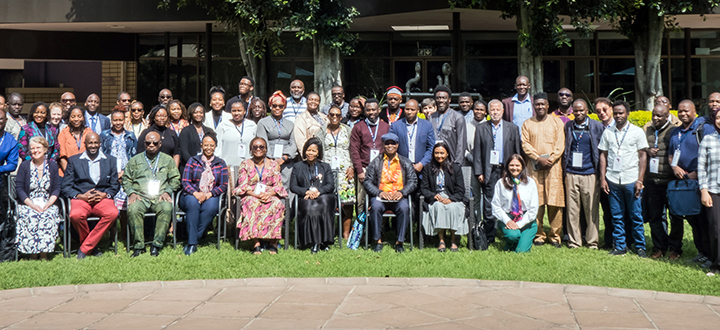 Social policy in post-Covid Africa: In search of an inclusive and equitable architecture
Social policy in post-Covid Africa: In search of an inclusive and equitable architecture
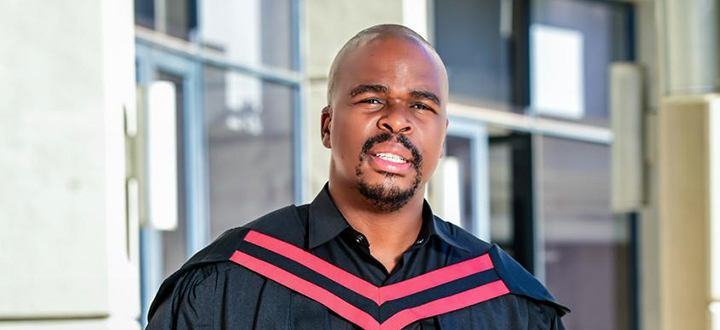 Education in pursuit of social justice
Education in pursuit of social justice
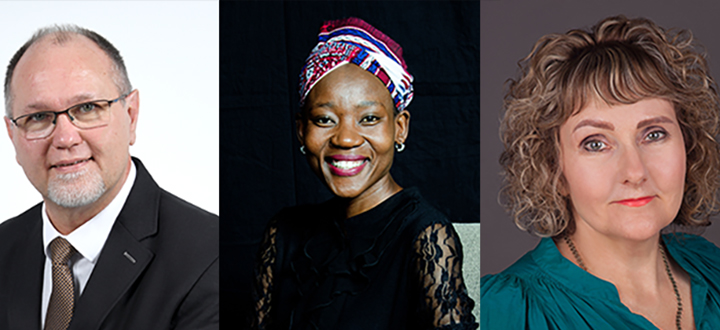 Unisa shows that developing countries are equal partners in research management and administration capacity development
Unisa shows that developing countries are equal partners in research management and administration capacity development
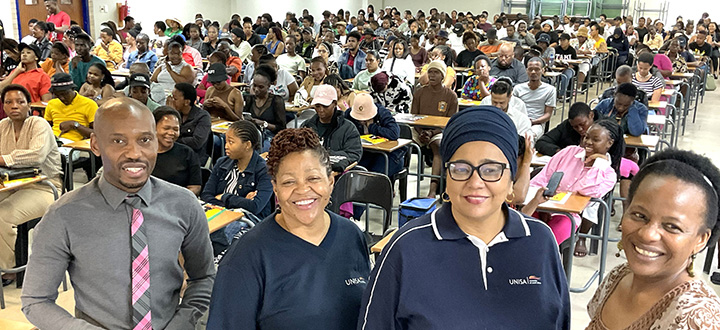 Unisa KZN Career Fair bridges the gap between students and employers
Unisa KZN Career Fair bridges the gap between students and employers
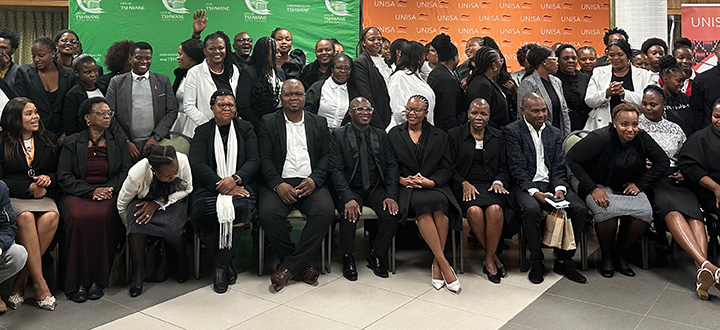 Unisa academics join hands to celebrate World Social Work Day
Unisa academics join hands to celebrate World Social Work Day